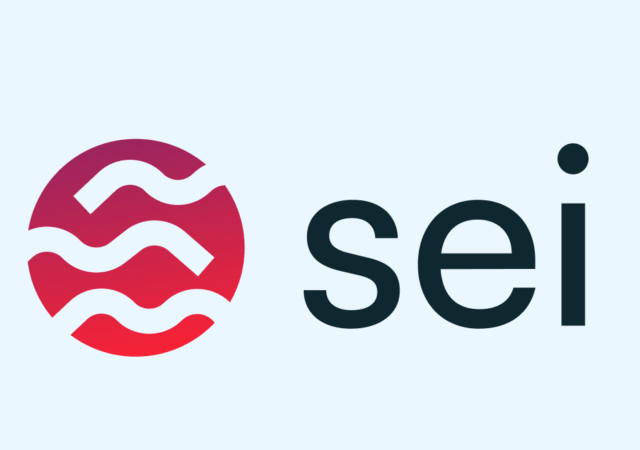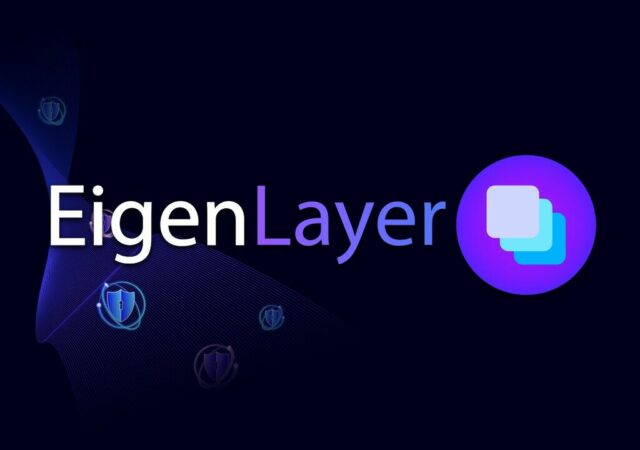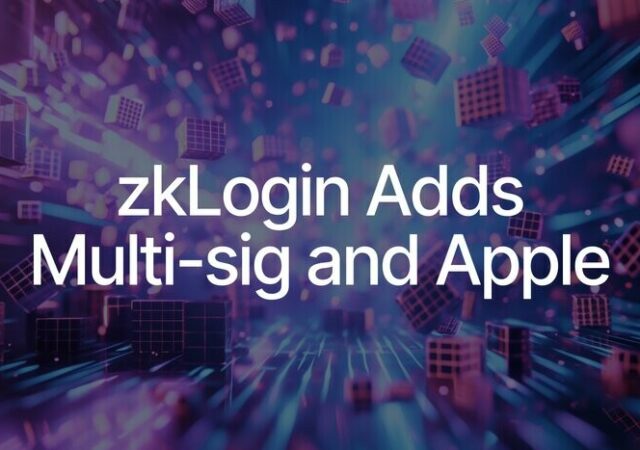In recent years, the digital landscape has witnessed a rapid evolution, with Web3 emerging as a transformative force that promises to reshape the way we interact with the internet. At the heart of this evolution lies the concept of browser wallets, a revolutionary development poised to drive the widespread adoption of Web3.
The Significance of Browser Wallets
Browser wallets, also known as integrated self-custody browser wallets, represent a crucial component of the Web3 ecosystem. These wallets seamlessly integrate with web browsers, making it effortless for users to navigate, interact, and transact within the blockchain-powered world of Web3. Unlike traditional wallets, browser wallets eliminate the need for additional installations, offering a user-friendly experience that is essential for mass adoption.
Web Browsers: The Connective Tissue of the Internet
Web browsers have been an integral part of our online experiences for decades. They have evolved from being the tools of technically savvy users to becoming accessible to people of all backgrounds. Browsers form the connective tissue that makes the web usable for the masses, enabling users to access a vast array of applications and services effortlessly.
The Dominance of a Few

However, in the current digital landscape, a few tech giants hold an outsized influence over how we use the web. Google, for instance, commands a 60% share of the browser market and a staggering 90% share of search traffic. This concentration of power has raised concerns about privacy, competition, and the potential for abuse.
The Promise of Browser Wallets

Browser wallets offer a compelling solution to these challenges. By integrating self-custody wallets into web browsers, users gain greater control over their digital assets and data. This shift towards user-centric control is a fundamental principle of Web3, ensuring that individuals, rather than a handful of corporations, reap the benefits of their online activities.
The Accessibility Factor
One of the key advantages of browser wallets is accessibility. Unlike mobile wallets or browser extensions, browser wallets are already present on every device by default. This means that users do not need to go through the hassle of installing additional software to enter the world of Web3. The fewer steps required for onboarding, the more likely users are to embrace this new paradigm.

Privacy and Security
Browser wallets offer enhanced privacy and security controls, making them a safer choice for users. They are less susceptible to phishing attacks compared to extensions or mobile app wallets. By default, browser wallets prioritize user privacy, providing an added layer of protection for those who may not be technically sophisticated enough to configure their own security measures.
Multichain Integration
As the Web3 landscape continues to expand, browser wallets are uniquely positioned to support multi-chain integration. Users can seamlessly access different blockchains and decentralized applications (dApps) without the need to switch between multiple wallets. This simplicity encourages wider adoption as it removes barriers for those new to the space.
The Role of Open Source
Crucially, browser wallets are often built on open source software. This openness fosters collaboration, trust, and innovation within the Web3 community. Open source code allows for audits by anyone, ensuring transparency and accountability. It also prevents vendor lock-in, allowing for forks and the continued evolution of the technology.
A Collaborative Future

The Web3 ecosystem thrives on collaboration. Communities can now form and function, communicate, and build trust on a global scale, all thanks to the power of blockchain technology. This collaborative spirit extends to the development of browser wallets, which are continually improved by contributions from a diverse range of developers.
Conclusion
In conclusion, browser wallets are poised to play a pivotal role in the widespread adoption of Web3. By simplifying access, enhancing privacy and security, and promoting collaboration through open source development, browser wallets are the bridge that will connect billions of users to the exciting world of Web3. As this technology continues to evolve, it is clear that the future of the internet lies in the hands of the user, offering greater control and empowerment in the digital age. Embracing browser wallets as a key component of the user-first web is not just a choice; it’s a step toward a more equitable and decentralized digital future.
Notice
The information provided in this article is for informational purposes only and should not be considered financial advice. The article does not offer sufficient information to make investment decisions, nor does it constitute an offer, recommendation, or solicitation to buy or sell any financial instrument. The content is opinion of the author and does not reflect any view or suggestion or any kind of advise from CryptoNewsBytes.com. The author declares he does not hold any of the above mentioned tokens or received any incentive from any company.
image source





